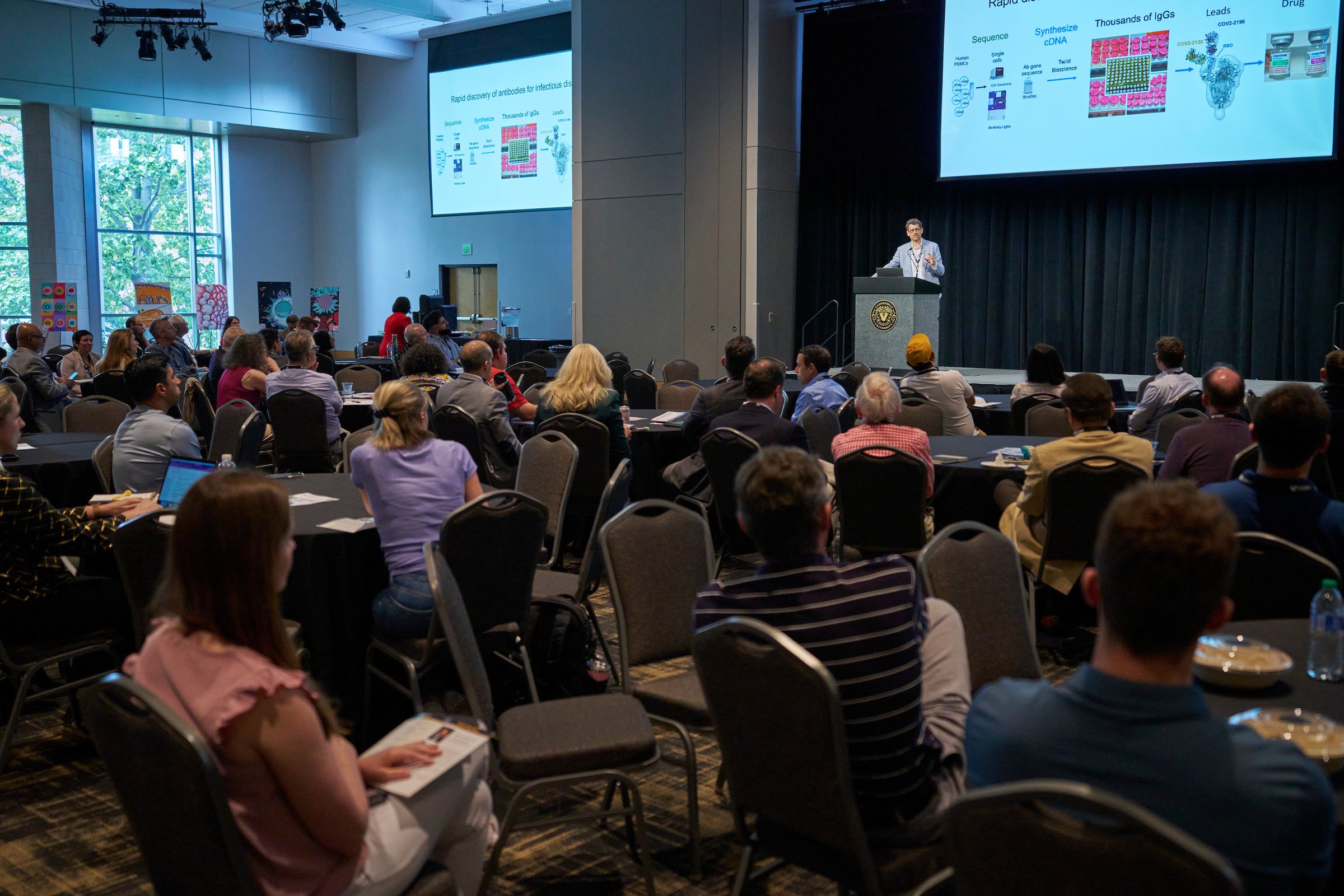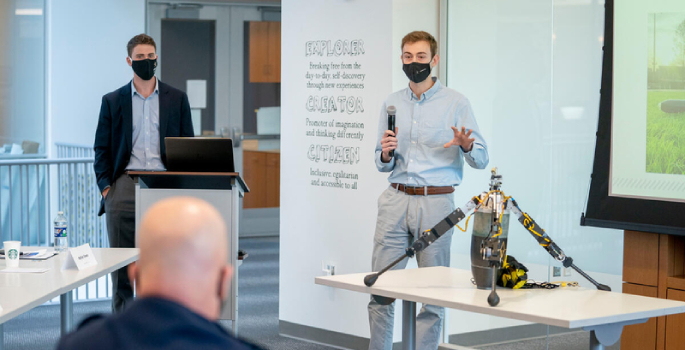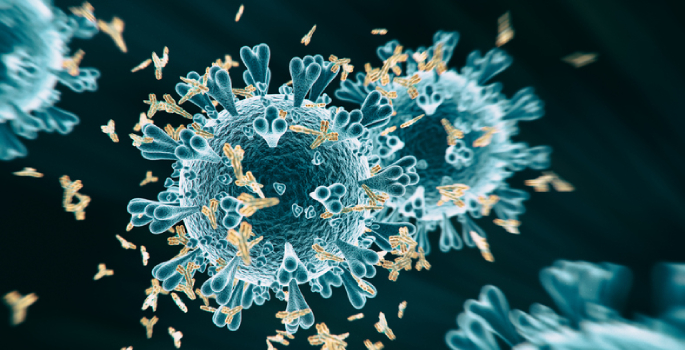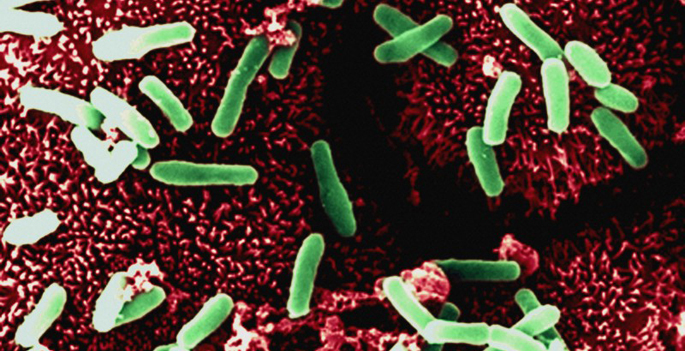DARPA
-

Vanderbilt’s Life Science Showcase focuses on cutting-edge infectious disease research
Vice Provost For Research 2024 Life Science Showcase Event (Submitted) Infectious diseases pose a significant global health challenge, accounting for a substantial proportion of deaths worldwide, according to recent data from the World Health Organization. These diseases are caused by fungi, microbes, bacteria and viruses and include lower respiratory infections,… Read MoreJul 23, 2024
-

Vanderbilt team leads $6.89 million DARPA grant to train cyber agents against attacks
Daniel Balasubramanian, a senior research scientist at Vanderbilt’s Institute for Software Integrated Systems, will lead a four-year $6.89 million grant from the Defense Advanced Research Projects Agency to create realistic network environments used to train cyber agents to counter advanced and persistent cyber threats. Read MoreDec 14, 2023
-

Vanderbilt team leads $6.89 million DARPA grant to train cyber agents against attacks
Daniel Balasubramanian, a senior research scientist at Vanderbilt’s Institute for Software Integrated Systems, will lead a four-year $6.89 million grant from the Defense Advanced Research Projects Agency (DARPA) to create realistic network environments used to train cyber agents to counter advanced and persistent cyber threats. Estimates have placed the cost of global cybercrime as high... Read MoreDec 12, 2023
-

Vanderbilt team leads $6.89 million DARPA grant to train cyber agents against attacks
Daniel Balasubramanian, a senior research scientist at Vanderbilt’s Institute for Software Integrated Systems, will lead a four-year $6.89 million grant from the Defense Advanced Research Projects Agency (DARPA) to create realistic network environments used to train cyber agents to counter advanced and persistent cyber threats. Estimates have placed the cost of global cybercrime as high... Read MoreDec 12, 2023
-

Vanderbilt engineer leads DARPA project to enable AI machines to gain, share knowledge
Soheil Kolouri, assistant professor of computer science, is part of a team that has received a $1 million award from the Defense Advanced Research Projects Agency as part of the agency’s Shared-Experience Lifelong Learning initiative. Read MoreFeb 9, 2022
-

Lopez lab develops computational tools to further understanding of complex biological systems
By Aaron Conley Systems biology and the Lopez lab The history of hermeneutics started with Aristotle—parts comprise the whole. To understand the whole, we need to understand the parts. And to understand the parts, we need to understand them in the context of the whole. Carlos F. Lopez, associate… Read MoreJan 20, 2022
-

Research Snapshot: Producing green fuel, and more rapid determination of the biological consequences of gene editing
Vanderbilt researchers examine how to rapidly characterize the biological impact of genetic editing on bacteria for energy production, drug discovery and more. Est. reading time: 2.5 mins. Read MoreDec 13, 2021
-

Vanderbilt engineer leads $1 million DARPA project to enable AI machines to gain, share knowledge
A Vanderbilt engineering professor is leading part of an international initiative to create advanced artificial intelligence programs that will enable machines to learn progressively over a lifetime and share those experiences with each other. Researchers hope the technology will allow machines to reuse information, adapt quickly to new conditions and collaborate by sharing information. Read MoreDec 2, 2021
-

Vanderbilt engineer leads DARPA project to enable AI machines to gain, share knowledge
Kolouri wins $1M DARPA grant to investigate AI cooperative lifelong learning A Vanderbilt engineering professor is leading part of an international initiative to create advanced artificial intelligence programs that will enable machines to learn progressively over a lifetime and share those experiences with each other. Researchers hope the technology will allow machines to reuse information,... Read MoreDec 2, 2021
-

COVID-19 antibody ‘cocktail’ discovered at VUMC protects chronically ill: study
A monoclonal antibody cocktail against the COVID-19 virus discovered at VUMC is the first non-vaccine modified to demonstrate the prevention of COVID-19 in a clinical trial of more than 5,000 participants. The antibody treatment could afford up to 12 months of protection from COVID-19, and preliminary laboratory findings also suggest that it can neutralize the delta variant. Read MoreAug 20, 2021
-

Space Force Gen. John W. “Jay” Raymond visits Vanderbilt, laying groundwork for future partnership
United States Space Force Chief of Space Operations Gen. John W. "Jay" Raymond recently visited Vanderbilt to learn about the pioneering aerospace engineering projects at the university’s research institutes and trans-institutional programs. Read MoreMay 27, 2021
-

SARS-CoV-2 protein blocks an essential step in host gene expression, new discovery finds
Vanderbilt biochemist Yi Ren is part of a team that has identified a new behavior of a SARS-CoV-2 protein and discovered that interfering with its function can block virus replication in host cells. This opens up the potential for new therapeutic targets for COVID-19. Read MoreFeb 17, 2021
-

Possible COVID-19 “decoy”
It might be possible to use vesicles carrying the receptor for SARS-CoV-2, the virus that causes COVID-19, to bind the virus and prevent infection. Read MoreOct 15, 2020
-

$8.7 million DARPA grant advances AI-assisted CPS design work
A new, $8.7 million project—Design. R–AI-assisted CPS Design—involves pathbreaking work for the Defense Advanced Research Projects Agency as future cyber-physical systems will rely less on human control and more machine learning algorithms and artificial intelligence processors. Read MoreOct 4, 2020
-

Rewriting the evolution of complex software systems
All software is not created equal. At one end are apps on a smartphone and consumer-facing programs for which periodic updates to fix bugs and security issues are routine, like replacing an air conditioning filter or getting an annual flu shot. At the other end are large, complex software systems such as software used in... Read MoreAug 20, 2020
-

Antibody research at Vanderbilt University Medical Center shows promise in fight against COVID-19
Based on positive results in preclinical studies reported today, potently neutralizing antibodies identified by researchers at Vanderbilt University Medical Center are showing promise as a potential therapy for preventing and treating COVID-19. Read MoreJul 15, 2020
-

Antibodies eye Pacific Island “fever”
Vanderbilt Vaccine Center team isolates monoclonal antibodies against the mosquito-borne Ross River virus, which causes rash, fever and debilitating muscle and joint pain lasting three to six months. Read MoreMay 14, 2020
-

New method tested to block chikungunya infection
Scientists are testing a new way to fight chikungunya virus that involves injecting genetic material into the bodies of infected and at-risk individuals to trigger rapid production of potent, virus-neutralizing antibodies. Read MoreJun 14, 2019
-

New way to stimulate learning?
Stimulating the vagus nerve triggers certain epigenetic changes involving learning and memory. Read MoreMar 14, 2019
-

Vanderbilt team wins $750K with AI to manage RF spectrum
Scientists at Vanderbilt's Institute for Software Integrated Systems have developed an award-winning AI to to help triage limited radio frequency demands in real time. Read MoreFeb 7, 2019